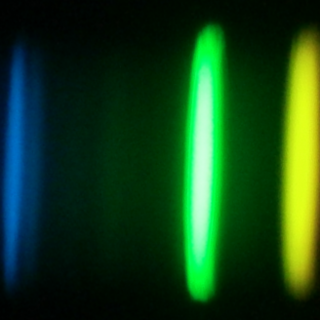Bibcode
Allende-Prieto, C.; Mészáros, Sz.
Referencia bibliográfica
Monthly Notices of the Royal Astronomical Society, Volume 430, Issue 4, p.3285-3291
Fecha de publicación:
4
2013
Número de citas
18
Número de citas referidas
16
Descripción
We present tests carried out on optical and infrared stellar spectra to
evaluate the accuracy of different types of interpolation. Both model
atmospheres and continuum normalized fluxes were interpolated. In the
first case, we used linear interpolation, and in the second linear,
cubic spline, cubic Bezier and quadratic Bezier methods. We generated
400 ATLAS9 model atmospheres with random values of the atmospheric
parameters for these tests, spanning between -2.5 and +0.5 in [Fe/H],
from 4500 to 6250 K in effective temperature, and 1.5 to 4.5 dex in
surface gravity. Synthesized spectra were created from these model
atmospheres, and compared with spectra derived by interpolation. We
found that the most accurate interpolation algorithm among those
considered in flux space is cubic Bezier, closely followed by quadratic
Bezier and cubic splines. Linear interpolation of model atmospheres
results in errors about a factor of 2 larger than linear interpolation
of fluxes, and about a factor of 4 larger than high-order flux
interpolations.
Proyectos relacionados

Abundancias Químicas en Estrellas
La espectroscopía de estrellas nos permite determinar las propiedades y composiciones químicas de las mismas. A partir de esta información para estrellas de diferente edad en la Vía Láctea es posible reconstruir la evolución química de la Galaxia, así como el origen de los elementos más pesados que el boro, forjados principalmente en los interiores
Carlos
Allende Prieto